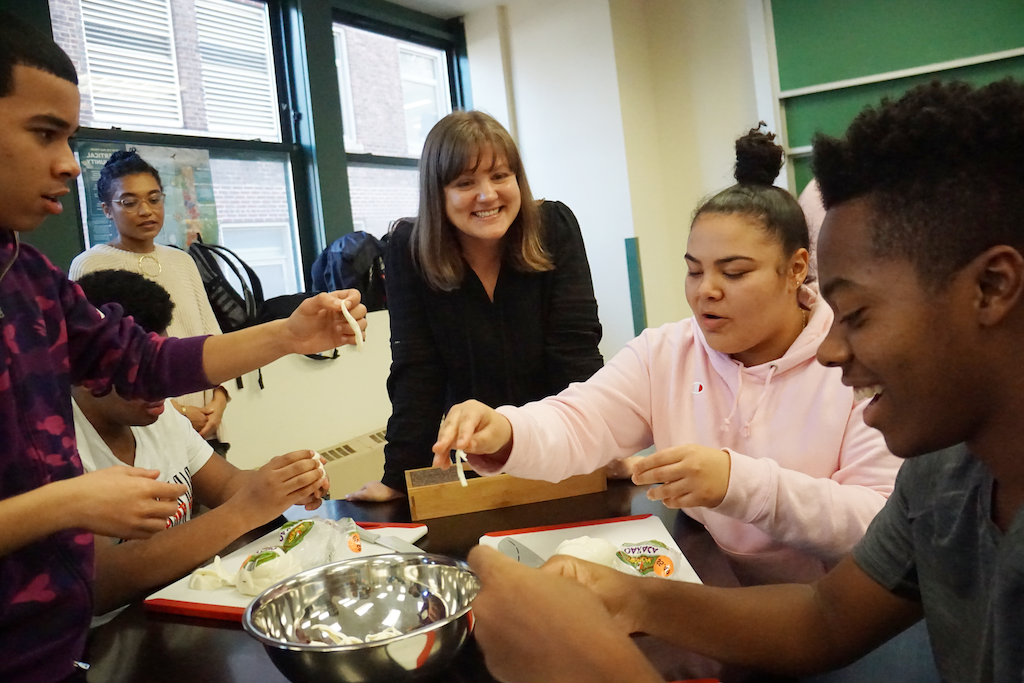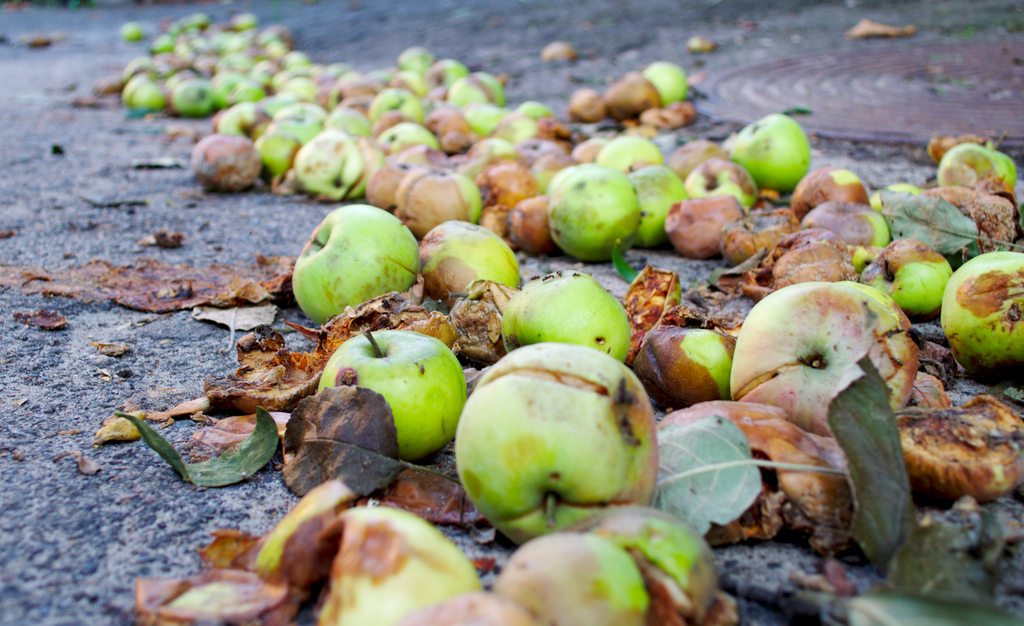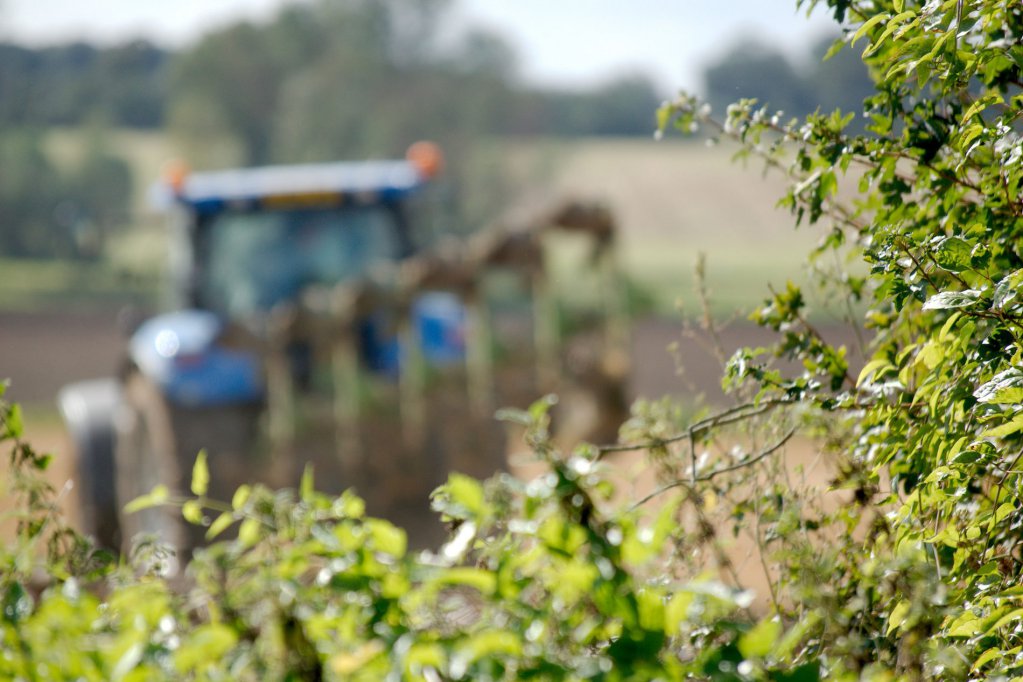Why the best food conferences aren’t about food
When we say “food conference,” you might think of, well, food: aisles of food, tables of food, discussions about food-the-product. Sure, there are some of those in a calendar year. But often food conferences—especially “good food” conferences—don’t feature edibles as much as experts talking about how to make food more…something—better, cheaper, accessible, and so on. Which is why the best food conferences aren’t really about food at all. They’re about conversations.

The James Beard Foundation’s “hype cycle”: tracking trends as they progress from awareness to change
The James Beard Foundation food conference in New York City (now in its seventh year) is a conversation conference. And the 2016 conversation, “Now Trending: The Making of a Food Movement,” was meta. Trend talk, for once, wasn’t about whether “New Nordic” is trendy or tired, but whether talk of trends is tired, period. Which got us thinking, let’s track that trend! So instead of bringing you a recap, we’re bringing you the conversations as they seemed to trend organically, over two days: what to retire, what’s revolutionary, and what’s not even on the map yet. If you attended, tell us what we missed. If you didn’t, here’s what you missed.

1. “We eat what we see. Scale matters. I don’t think we’re going to return to Carlo Petrini’s vision of the world. It only matters to me if we’re reaching a lot of people.”
—Former White House chef and food policy advisor Sam Kass; founder, Trove

Kent Miller courtesy of the James Beard Foundation Former White House chef Sam Kass in a debate with Slow Food USA’s executive director, Richard McCarthy, over whether or not the industrial food system must be a key goal of a lasting food movement
2. “The industrial food system wants consumers and opacity. We want protagonists and transparency.”
—Richard McCarthy, executive director of Slow Food USA
3. “Everyone in this room knows if you put the Farm Bill on the page, people turn the page. Nobody cares about the Farm Bill. No one cares about runoff. Nobody cares about the climate. The things people care about are the things that tend to affect them.”
—Tamar Haspel, journalist, Washington Post
4. “Top-down media lost its influence. Social media has taken over. Both are exhausting in different ways.”
—James Truman, restaurateur/co-owner, Nix; former editorial director, Conde Nast Publications

ourtesy of the James Beard Foundation Richard McCarthy in conversation with debate moderator Tamar Haspel
5. “I try to rally people around crop-neutral insurance. Let’s just subsidize all crop insurance equally.”
—Tamar Haspel
6. “Food Babe has an army. She has turned it into a remarkable degree of political pressure.”
—Tamar Haspel

Kent Miller Courtesy of the James Beard Foundation his is what a movement looks like: “Expect opposition.” Philanthropic strategist Ashindi Maxton offered wisdom on what social movements can teach the food movement
7. “You have to get the right people on the bus. That means you’ll be leaving most people off. You cannot build a movement through consensus.”
—Ashindi Maxton, strategic philanthropist

Kent Miller Courtesy of the James Beard Foundation Greg Asbed and Lucas Benitez, co-founders of the Coalition of Immokalee Workers (CIW) and recipients of the 2016 JBF Leadership Award









